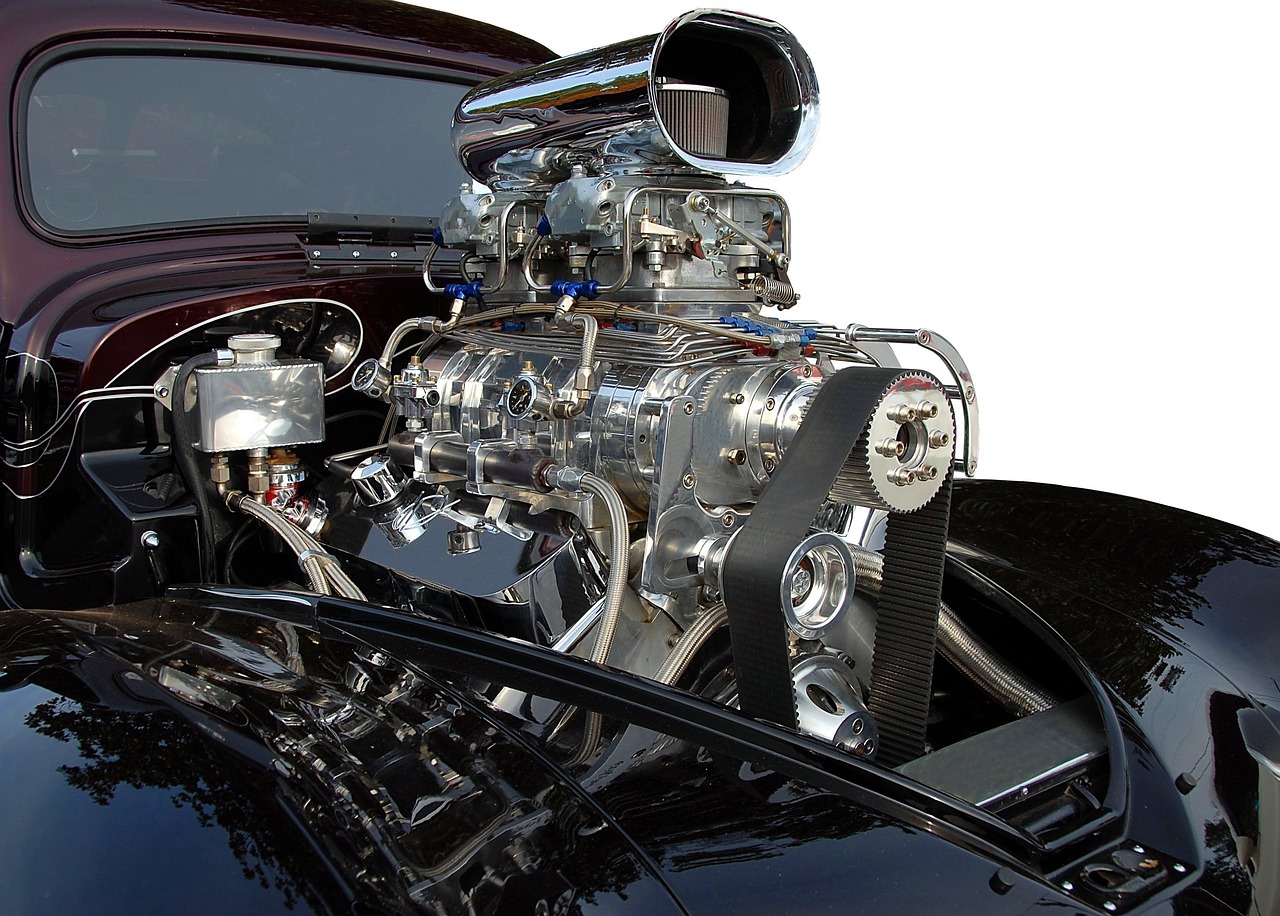Understanding the Influence of Gender on Car Buying Preferences
When it comes to car preferences, gender plays a significant role in shaping individuals’ choices. Research has shown that there are distinct trends in the types of vehicles preferred by men and women. For example, men tend to lean towards larger and more powerful cars, often opting for trucks or sports cars. On the other hand, women often show a preference for smaller and more fuel-efficient vehicles, such as compact cars or SUVs.
These gender-based preferences can be influenced by a variety of factors, including societal norms, cultural expectations, and personal experiences. For many individuals, the type of car they drive is not simply a means of transportation but a reflection of their identity and values. As a result, gender stereotypes and social constructs around masculinity and femininity can impact the choices individuals make when it comes to selecting a vehicle.
Factors that Influence Gender in Car Buying Decisions
One key factor that influences gender in car buying decisions is societal norms and expectations. From a young age, individuals are often exposed to stereotypes and biases surrounding gender roles and preferences, which can impact the type of vehicle they feel compelled to choose. For example, women might feel pressured to go for smaller, more fuel-efficient cars, while men may lean towards larger, more powerful vehicles to align with traditional ideas of masculinity.
Another significant factor is the marketing strategies employed by car manufacturers. Companies often tailor their advertisements and messaging to target specific genders, playing into stereotypes and reinforcing traditional roles. This targeted marketing can subconsciously influence individuals’ perceptions of which cars are suitable for them based on their gender. Additionally, the use of gendered language and imagery in car marketing can further perpetuate the idea that certain vehicles are more suitable for one gender over another, shaping buying decisions in the process.
• Societal norms and expectations play a key role in influencing gender in car buying decisions
• Stereotypes and biases surrounding gender roles can impact the type of vehicle individuals feel compelled to choose
• Women may feel pressured to go for smaller, more fuel-efficient cars while men may lean towards larger, more powerful vehicles
• Marketing strategies employed by car manufacturers also significantly influence gender in car buying decisions
• Companies often tailor their advertisements and messaging to target specific genders, playing into stereotypes and reinforcing traditional roles
How Gender Stereotypes Impact Car Choices
Gender stereotypes play a significant role in shaping car choices for many individuals. For example, there is a common assumption that women prefer small, fuel-efficient cars while men lean towards larger, more powerful vehicles. These stereotypes can lead to societal pressure to conform to these expectations when making car purchasing decisions.
Moreover, gender stereotypes may influence the perception of certain car features. For instance, sports cars are often associated with masculinity and speed, while hybrid vehicles are sometimes considered more feminine due to their environmentally-friendly image. These preconceived notions can impact how individuals of different genders view and select their preferred cars, highlighting the pervasive influence of gender stereotypes in the car buying process.
Are gender stereotypes still prevalent in the car buying industry?
Yes, gender stereotypes continue to play a significant role in shaping car preferences for many individuals.
How do gender stereotypes influence car choices?
Gender stereotypes can influence car choices by dictating what is considered appropriate for a man or woman to drive based on societal norms and expectations.
What factors contribute to gender influencing car buying decisions?
Factors such as marketing strategies, cultural norms, and personal preferences all play a role in how gender influences car buying decisions.
Can individuals challenge gender stereotypes when it comes to choosing a car?
Yes, individuals can challenge gender stereotypes by making choices based on their own preferences and needs rather than societal expectations.
What are some strategies for overcoming gender stereotypes in car buying?
Some strategies for overcoming gender stereotypes in car buying include conducting research, seeking out diverse perspectives, and being open to exploring a variety of options that align with personal preferences.







